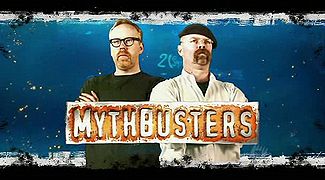A while back, in “The Magic of Focus”, I wrote about watching how a simple shift in focus had utterly transformed a speaker. When the speaker focused inward on herself, on her nervousness and her memorized material, she was tense and rigid, as if her body was fighting her. But when she shifted the focus out on to her audience, her body began to cooperate, helping her communicate her story, and she blossomed.
It is something I have since noticed in many other speakers, but just recently, while watching another friend speak, I witnessed a related effect, not in the speaker, but in the response of the audience.
My friend is a skilled stage performer and actor and I was admiring the easy grace of his movements and gestures. Unlike so many speakers who seem to wilt before an audience, he seemed to revel in the attention, as if every eye on him charged him with energy.
He was telling a story about two funny characters, acting it out in a dynamic physical and vocal style and making intimate eye contact with the audience. He was clearly having a good time and he was radiating that joy, so it puzzled me to realize that neither I, nor apparently the rest of the audience, was feeling it.
Powerful emotions are generally infectious. When someone radiates emotion a sympathetic response can transmit that emotion to others. It’s how an angry demagogue can stir up a murderous rage in a crowd and why we can find ourselves laughing at something with a crowd of people, even if we didn’t hear the joke.
So I was puzzled. My friend was clearly having a great time on stage, yet his performance left me feeling flat?
Suddenly, I realized that was the problem – He was performing. Even though his attention seemed to be directed outward, his primary focus was on himself, as if to say, “Look at me. Listen to me.” It was show time and he required nothing of us but our passive attention, so that’s what we gave him.
The best speakers I know actively engage the minds of the audience. They draw the audience in by triggering their own thoughts, memories and emotions. “Look at you.” they say, “Look at your problems, your plans and dreams, your fears and feelings.”
That simple shift of focus can not only transform a speaker, it can transform an audience as well. It transforms a performance into a conversation. The speaker may be the only one speaking, but rather than passively observing, the audience actively participates in their own minds.
It’s the conclusions they reach, the memories they recall, the emotions they feel that will stick in their minds and affect their beliefs, their opinions and their actions long after you have shut up and gone away.
A simple shift of focus, from “Look at me” to “Look at you”, can transform your presentation from a show to a powerful force for change.
{ 2 comments }







